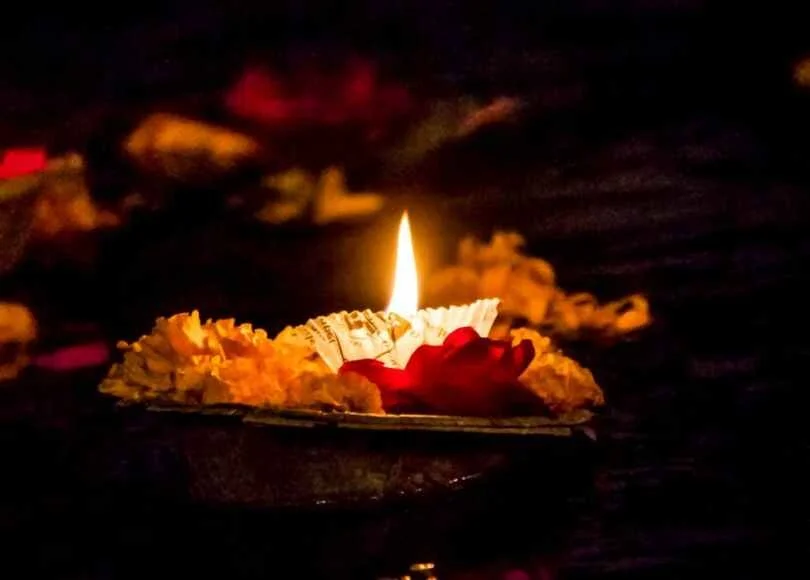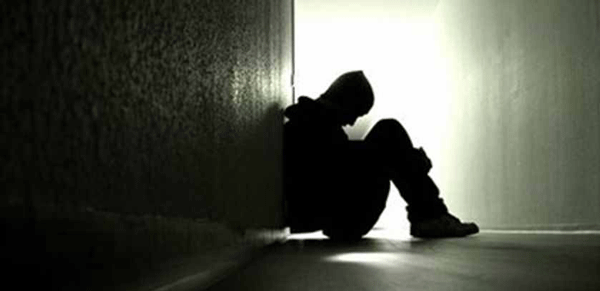Recently I’ve been reading and thinking a lot about the brain, happiness and addiction. It’s been eye-opening. Most people’s defintion, I’ve come to realize, relates to pleasure, but do not have a concept of what long-term happiness is.
What’s the difference? Pleasure is short-term. It’s the dopamine kick we get in anticipation and from using something. Examples of pleasure run the gamut from gambling to sex to food to drugs. In all respects our brains from what one point of view is the brain of an addicts. Think of the card player or slot jockey at a casino. Or maybe the heroin addict. Or the cigarette smoker. Or how about the newest addiction, that of our addiction to our phones. Often times we think we have free will and are choosing to do these things. But neurochemically the picture can be interpreted quite differently. It some respects, without realizing, we are just chasing dopamine hit after dopamine hit, slaves when we think we’re free.
Happiness is different. In fact I don’t even like the word happiness because so many people associate it with pleasure. I prefer the Aristotelian word, eudaemonia, which translates roughly to contentment of the human spirit. This sort of contentment of the spirit is not chased by dopamine hits. (For the record, I don’t have anything inherently agains short-term pleasure. I’ve been known to polish off a pint of ice cream and smoke too many cigarettes in my day!) How one reaches eudaemonia is of course different for anyone. I’m almost 40 and I think I’m just fully coming into my own form. But I’ve had to make some changes in my life.




